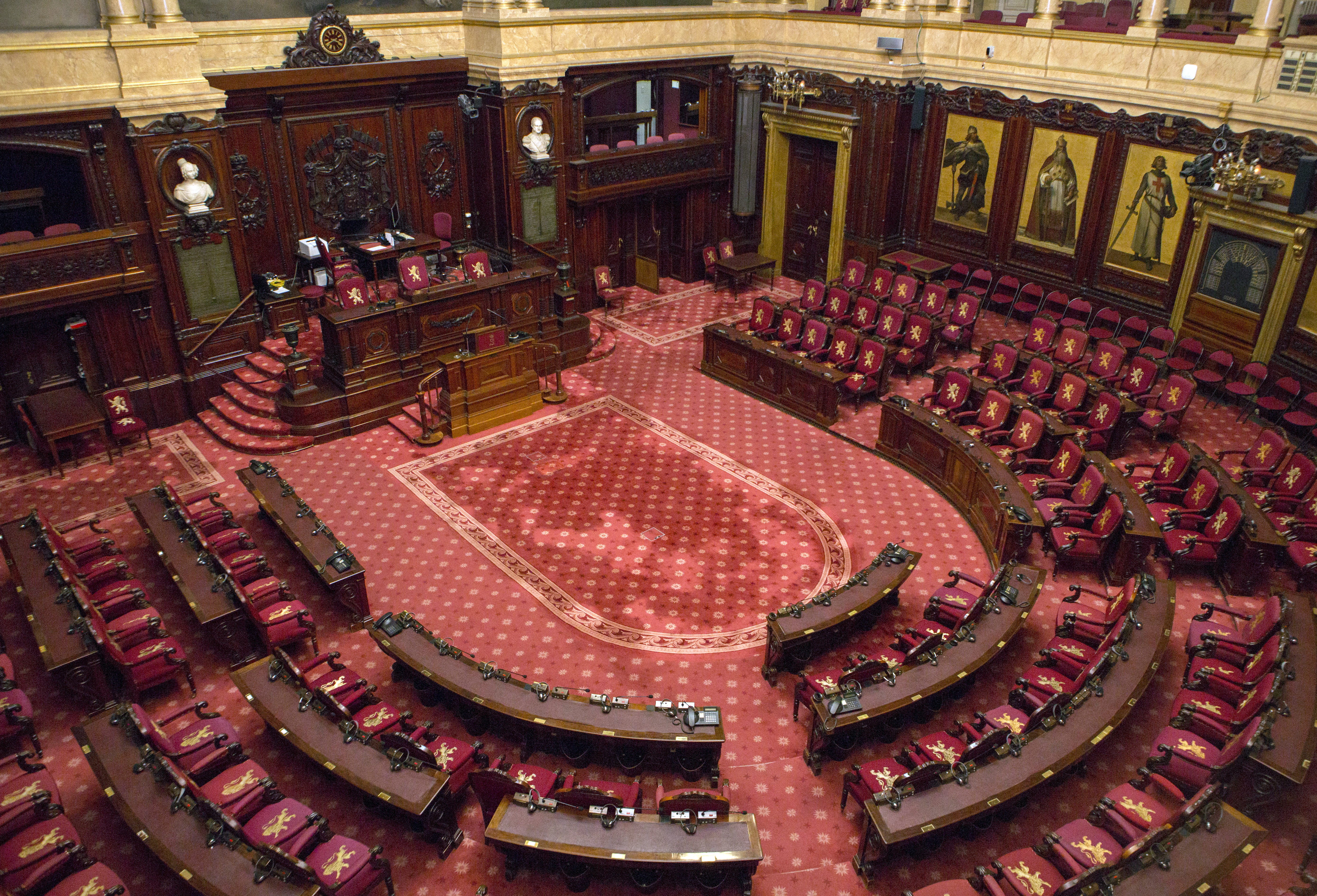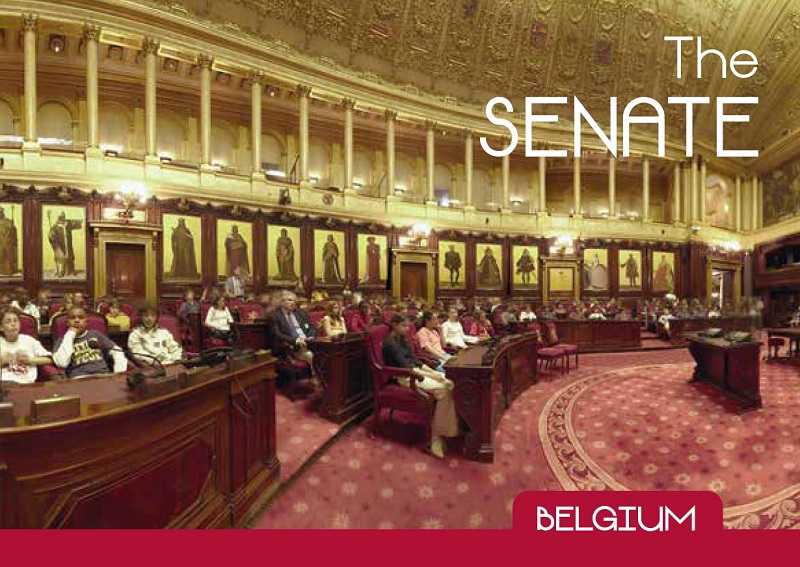
The Senate is the meeting point and assembly of the regions and linguistic communities. It is where the federal level, the regions and the communities meet. Its composition reflects the federal reality.
Most senators are members of the parliaments of the region or linguistic community for which they have been elected by the population. That parliament appoints them to represent the region or linguistic community at the Senate. This happens based on the election results in that regional parliament.
The Senate has 50 members appointed by and from the parliaments of the regions and linguistic communities:
- 29 appointed by the Flemish Parliament from the Flemish Parliament or from the Dutch-speaking group of the Parliament of the Brussels Capital Region,
- 10 by the Parliament of the French-speaking Community,
- 8 by the Parliament of the Walloon Region,
- 2 by the French-speaking group of the Parliament of the Brussels Capital Region and
- 1 by the Parliament of the German-speaking Community.
These 50 senators appointed by the parliaments of the regions and communities have a double mandate: they remain members of parliament of their federated entity and are also senators. They do not receive any additional remuneration for their mandate as senators.
The 50 senators appointed by the parliaments of the regions and communities in turn appoint 10 co-senators (6 Dutch-speaking and 4 French-speaking). This allocation of seats mirrors the election results in the House of Representatives.
The senators are divided into two linguistic groups, a Dutch-speaking and a French-speaking group. The Dutch-speaking group has 35 senators (29 regional and community senators and 6 co-opted senators). The French-language group has 24 (20 regional and community senators and 4 co-opted senators). The senator designated by the Parliament of the German-speaking Community does not belong to a language group.
The division into language groups is important, among other reasons, for the votes on laws requiring a special majority. These laws must be adopted by a majority within each language group, and by a two-thirds majority within the Senate as a whole.
After elections to the regional or community parliaments or for the House, the Senate is only partially renewed. Only when the elections for the regional parliaments and the House of Representatives coincide is the entire Senate re-elected.
After the adoption of a declaration concerning the revision of the Constitution, the Senate and the House are dissolved. If the subsequent House elections do not coincide with the regional and community parliament elections, the seat allocation for the 50 regional senators is maintained.
© Belgian Senate

